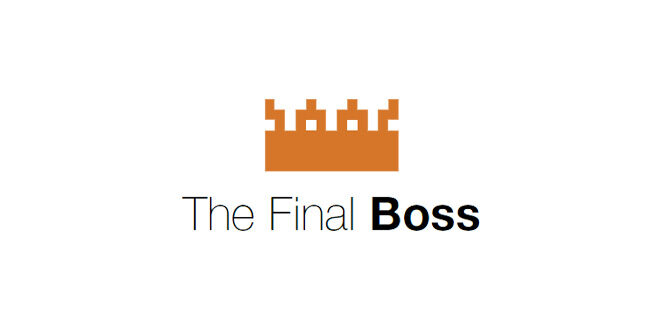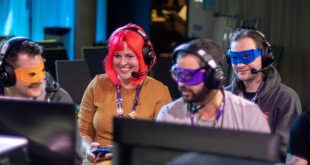 Every month an industry leader wraps up MCV/DEVELOP with their unique insight. This month, we speak to Panivox’s Philip Oliver, the creator of RichCast.
Every month an industry leader wraps up MCV/DEVELOP with their unique insight. This month, we speak to Panivox’s Philip Oliver, the creator of RichCast.
What would you say is your greatest achievement?
This question made me realise that 2023 marks 40 years since my twin brother Andrew and I published our first game, so the greatest achievement is probably to have survived so long in the industry – and still be working! But in all seriousness, it’s probably maintaining a passion and enthusiasm for games and interactive media over such a long period – we’ve been lucky enough to have been involved in so many truly exciting projects in that time, from building up, transforming and exiting studios, to creating new experiences and technologies. But it’s also about how you deal with failures, real or perceived. Long-term success comes from the relationships you create with people, be they clients or team members or media, and I think we’ve consistently offered environments in which people can express their creativity, learn and grow their own careers, while loving their work.
What ambitions do you have for the future of Panivox/RichCast and the industry as a whole?
We believe that many people would like to create and share interactive stories, and far more would like to play through those stories. Currently there’s no way of doing this without learning to code, and it’s even harder to get content published. With RichCast our aim has been to create an immersive storytelling app for creating, sharing and playing interactive experiences and making them available automatically across many devices. It’s like TikTok, YouTube and Spotify combined. #NoCode creativity and advances in AI generated art, voices and audio are central to how RichCast works and all will have a profound impact on the future of the games industry. They present a huge opportunity to open up digital creativity to a far wider audience, limited only by imagination.
What do you see as the gaming industry’s biggest challenges in the years ahead?
The games industry, like all industries, faces constant challenges. We’ve just overcome the biggest in the form of the pandemic, which changed how we work at a fundamental level. At Panivox, like many studios, our teams are completely remote in terms of location. So managing and maintaining company culture within that context is an ongoing learning process. Going forward, nurturing the next-generation of talent is an absolute priority. As developers and publishers, we need to work closely with our outstanding academic community to help them understand not only where the skills shortages are now, but also predict where there will be in future, so that we can all work together to create the best courses. Studios should also do their own outreach, allowing local students to get hands-on with tech, evaluating it and feeding back. The benefits are clear: the studio receives amazing insights into how its products work, while students get to experience working with real world tech and processes. It’s a win-win.
Do you think the industry is in a healthy place?
It goes without saying that the industry has evolved and changed profoundly since we first got involved back in 1983. In recent years we’ve collectively made huge strides in the fields of ED&I and education, while the shift to remote and hybrid working has seen renewed focus on workplace wellbeing. Large studios and publishers with HR departments are well equipped to put the correct processes in place, but I think we can do more to support smaller companies on their own growth journeys. Of course, part of that growth also involves financial pressures, and the games industry remains a challenging environment at all levels in that respect. Finally, there is going to be a huge shift, brought about by the adoption of AI, and we must be ready to embrace the opportunities this presents.

 MCV/DEVELOP News, events, research and jobs from the games industry
MCV/DEVELOP News, events, research and jobs from the games industry




